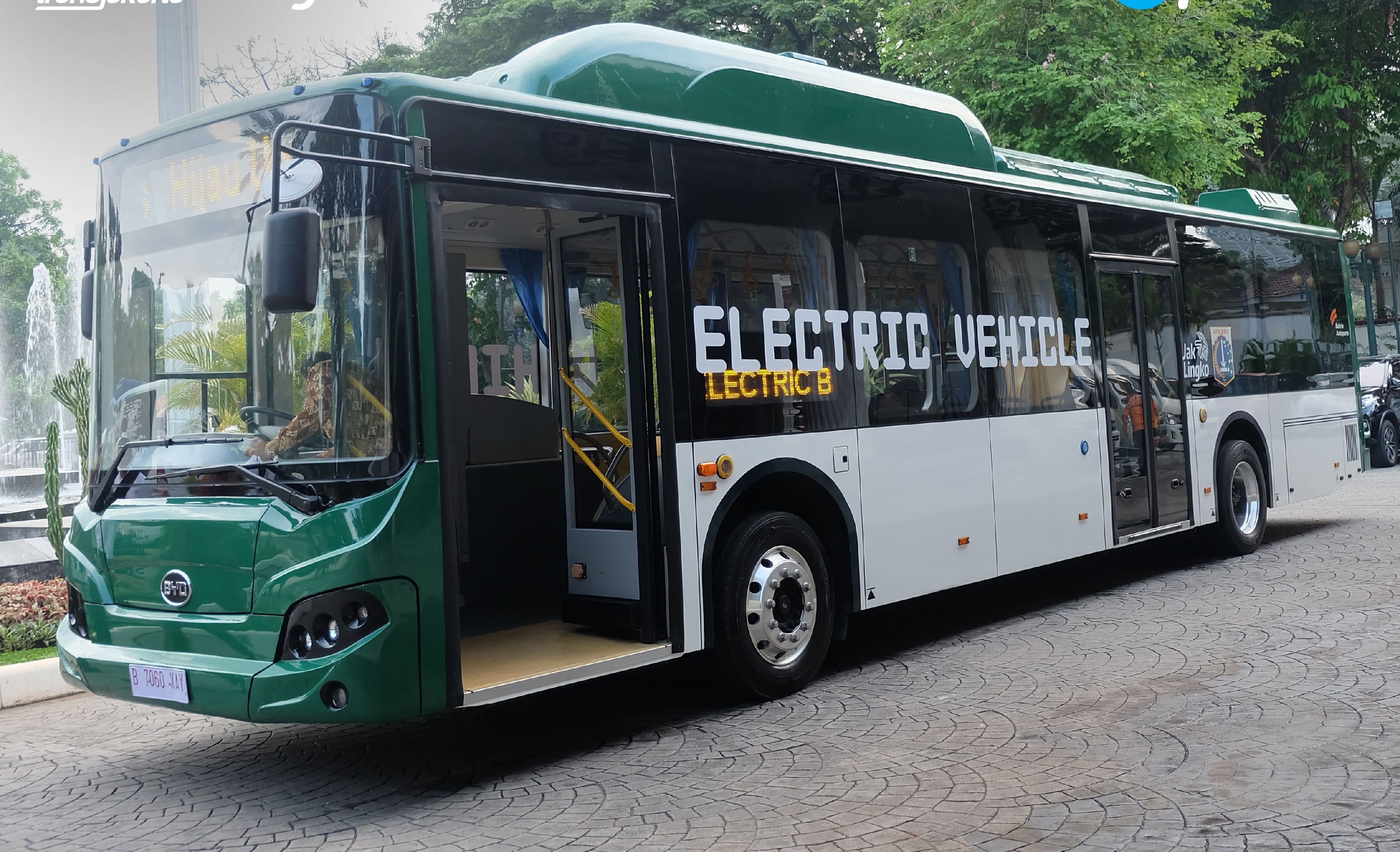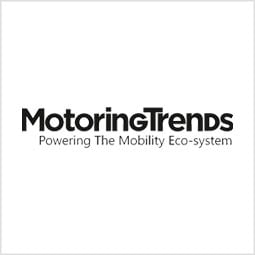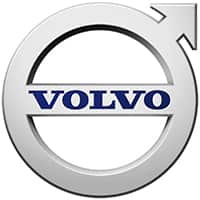Jakarta’s Leap to Electric Vehicles
 In line with Governor Anies Baswedan’s vision to make the Indonesian capital one of the greenest cities in the world, the Transjakarta Bus Rapid Transit System is rolling out a trial programme of electric buses on certain routes in the city.
In line with Governor Anies Baswedan’s vision to make the Indonesian capital one of the greenest cities in the world, the Transjakarta Bus Rapid Transit System is rolling out a trial programme of electric buses on certain routes in the city.
Serving almost 200 million riders every year, Jakarta’s bus rapid transit system is the largest in the world. Ridership continues to grow as the government adds new routes and more buses to unclog the notorious traffic jams that plague the capital. Testing of the buses began on public roads in late April. Transjakarta plans to take on passengers throughout the testing process.
The transition to electric vehicles is a logical step for Jakarta as the air pollution from diesel buses has steadily driven down air quality in the city. On bad days, Jakarta can find itself as one of the most polluted cities in the world. Therefore, the change to electric vehicles is vital to Jakarta.
The first three trial buses were delivered by China’s BYD and PT Mobil Anak Bangsa, an Indonesian manufacturer. In early March, Transjakarta agreed with the above companies as well as RAC Electric Vehicles and Danfoss to produce environmental friendly buses for the city.
UN Environment worked closely with the Governor’s office and Transjakarta to support this transition, providing technical advice on electric bus specifications and its integration into public transit systems. UN Environment also supports efforts with Komite Penghapusan Bensin Bertimbel (Committee for the Eradication of Leaded Gasoline) to implement Euro 4 emissions and fuel quality standards as well as a pollution tax for vehicles, which can significantly help reduce air pollution.
Bert Fabian, Programme Officer In UN Environment’s Air Quality and Mobility Unit noted in a statement that Jakarta’s experience of air pollution is not unique to that region. “Air pollution is impacting cities across Asia Pacific with serious impacts on our health. The transition to electric mobility can have a dramatic effect in reducing pollution and making cities healthier and more enjoyable to live in.”
Air pollution causes some seven million deaths every year and four million of those occur in Asia Pacific. Electric mobility is one of 25 solutions that UN Environment and the Climate and Clean Air Coalition have identified as quick fixes for air pollution in the region. Effective implementation of these solutions could save millions of lives and see up to one billion people breathing clean air by 2030.



























